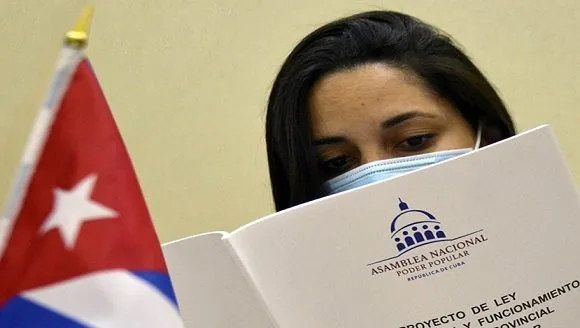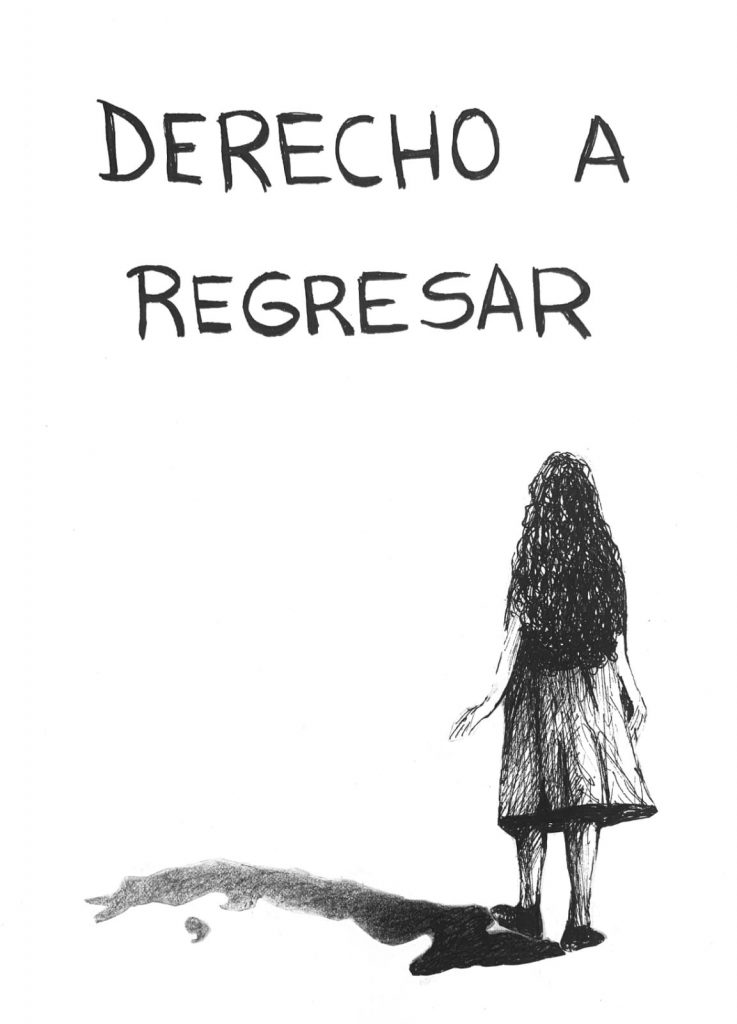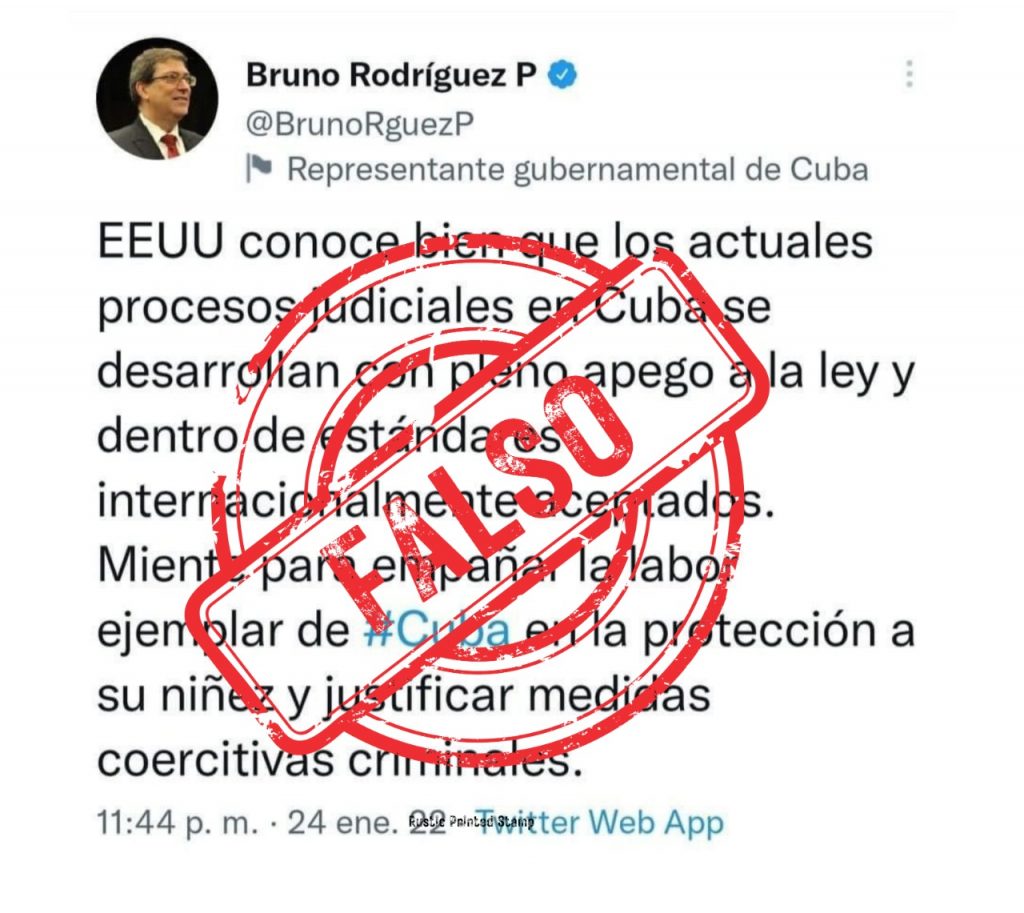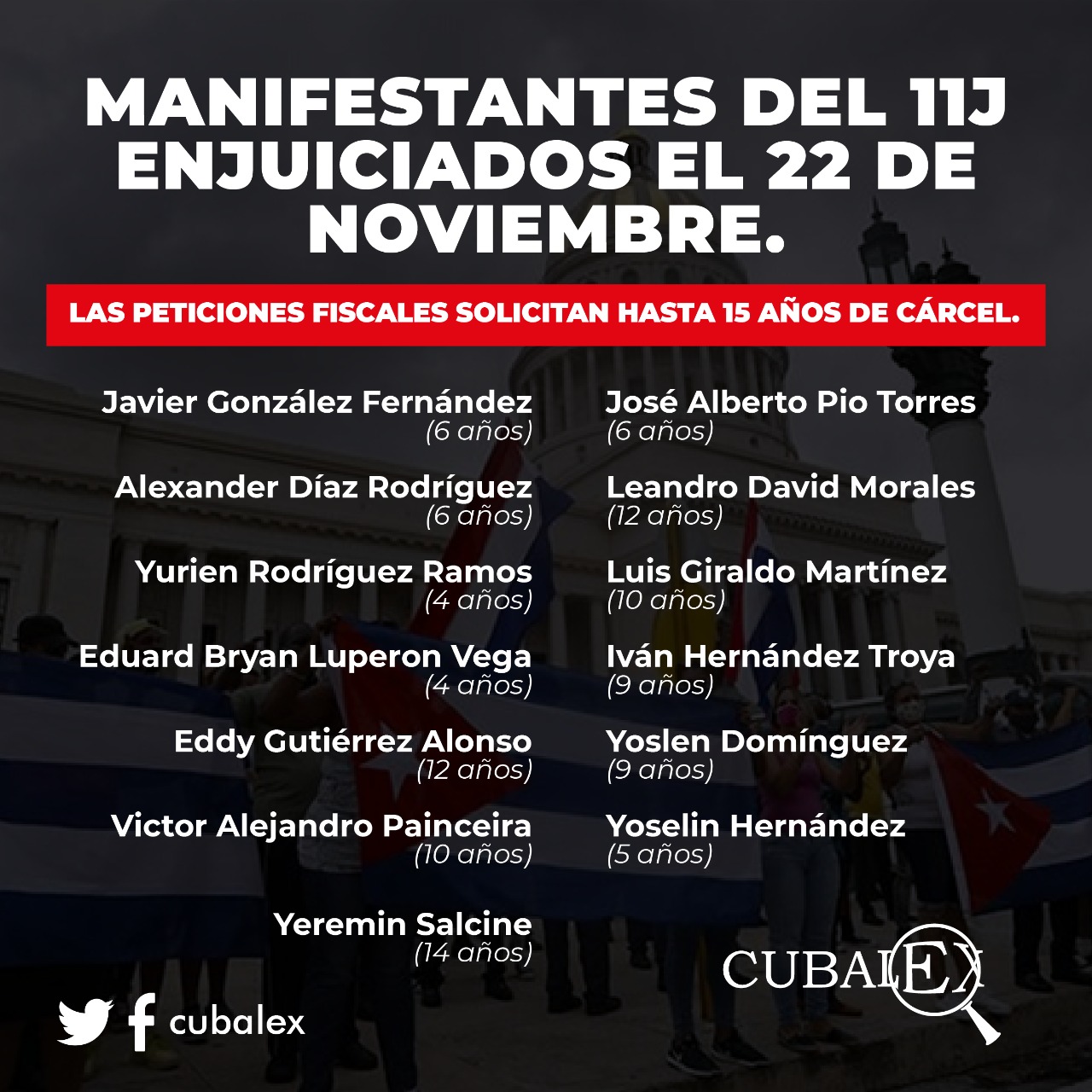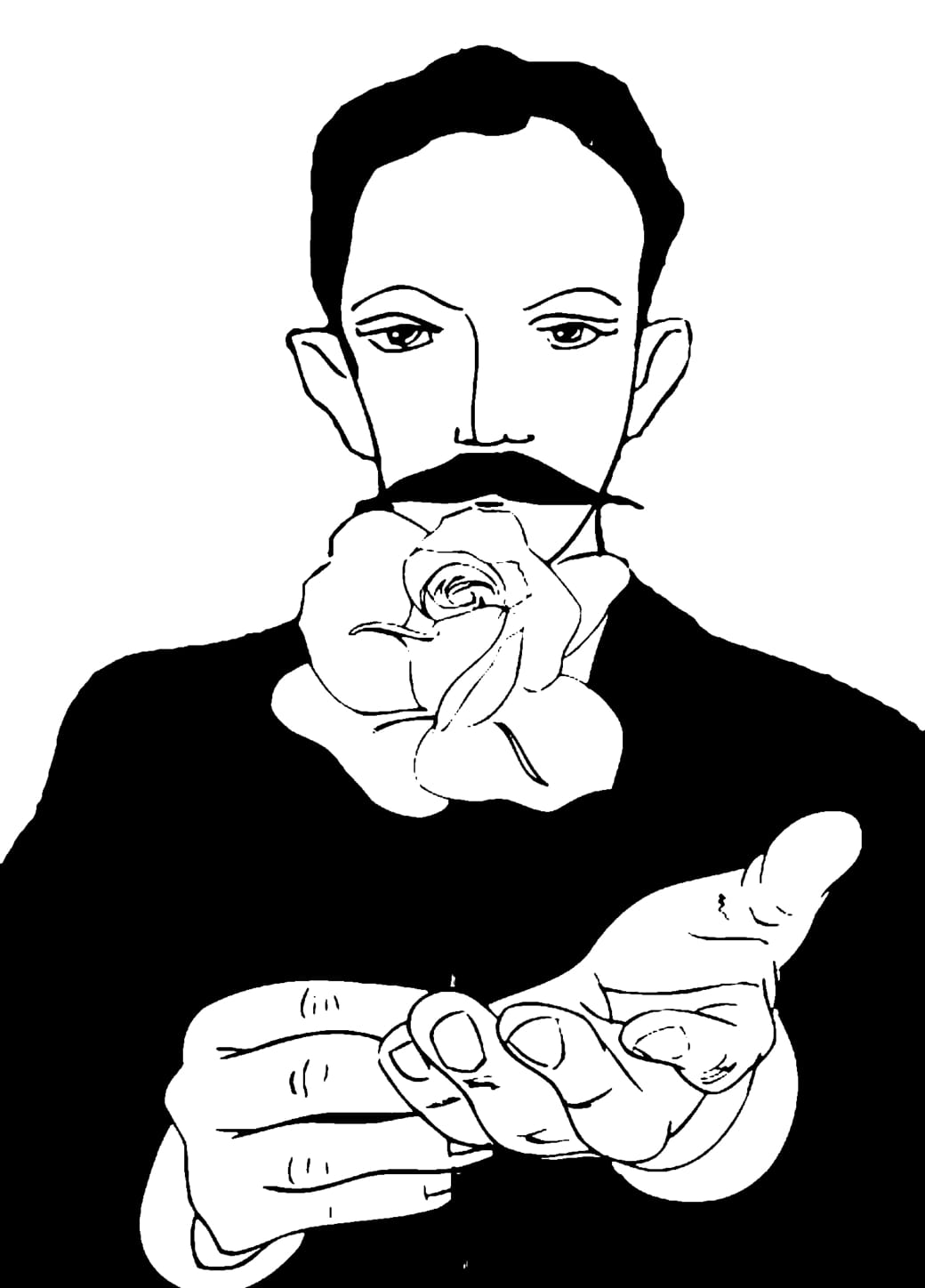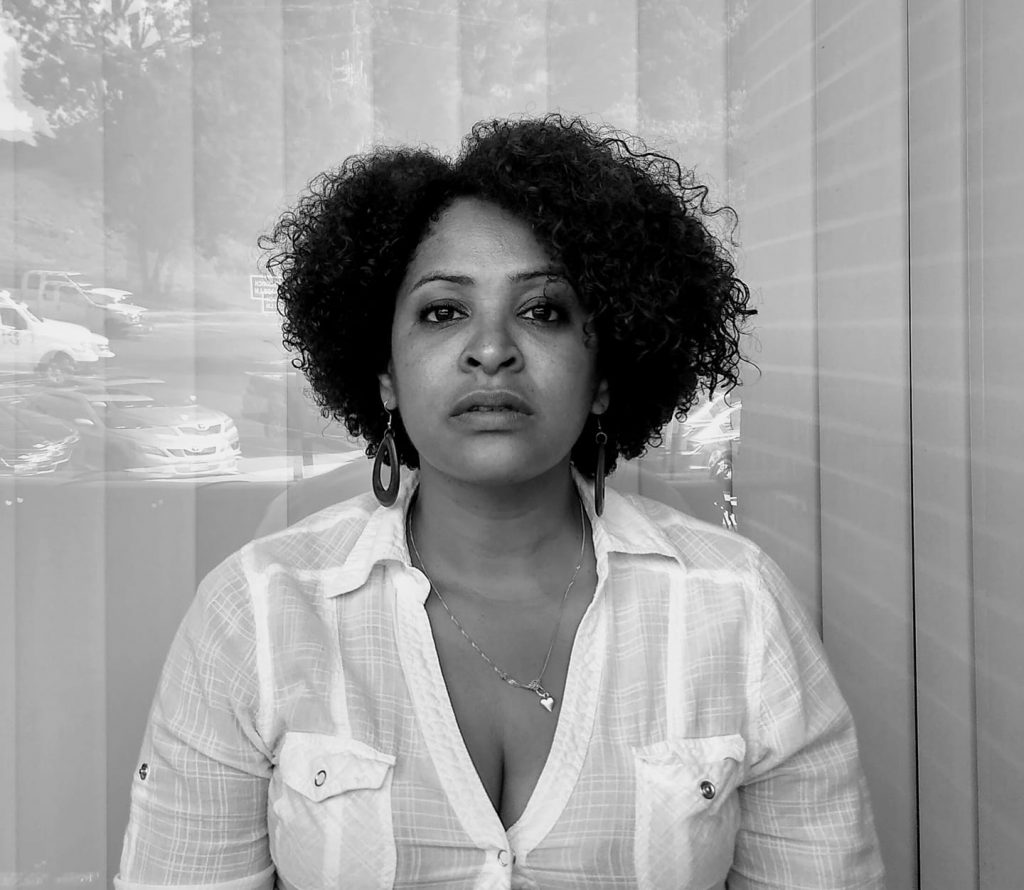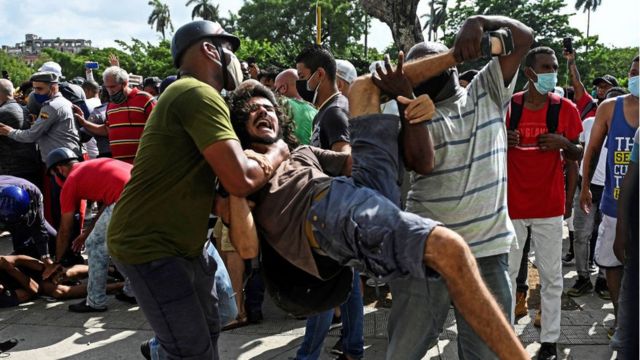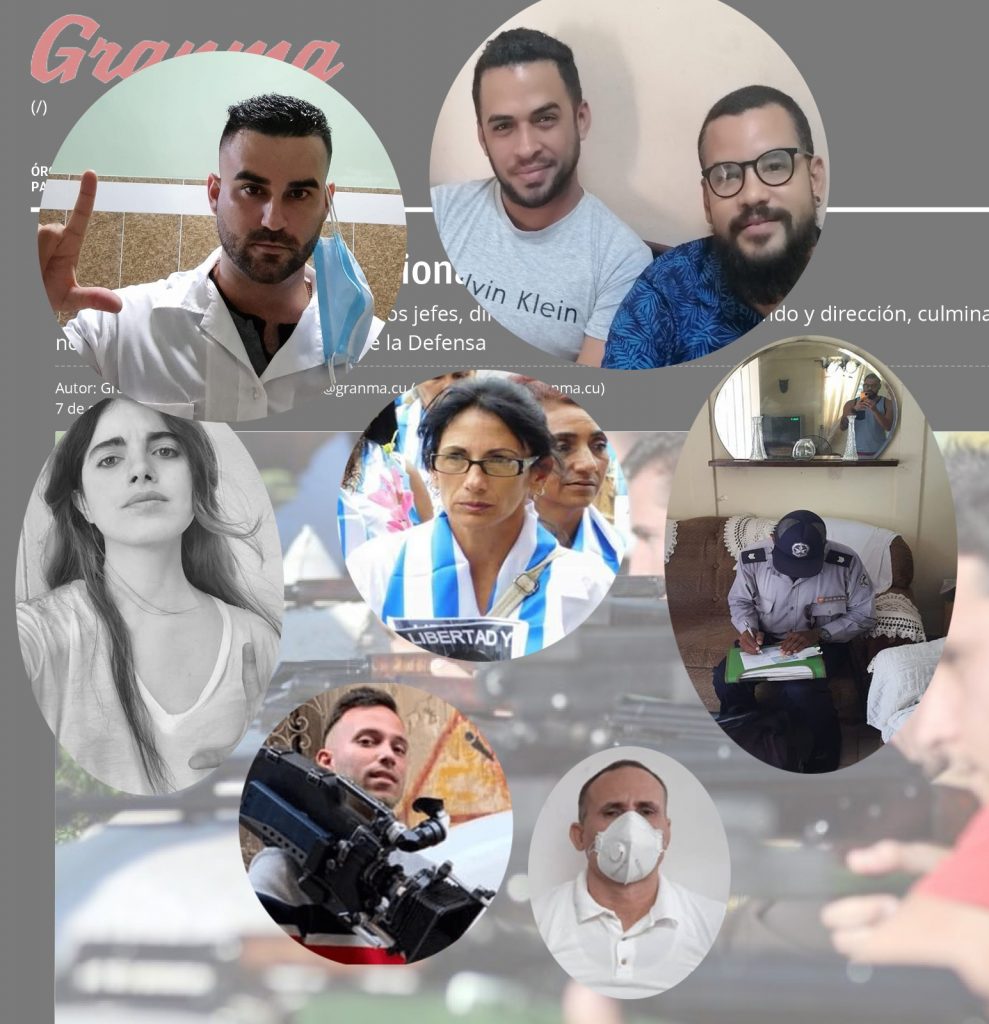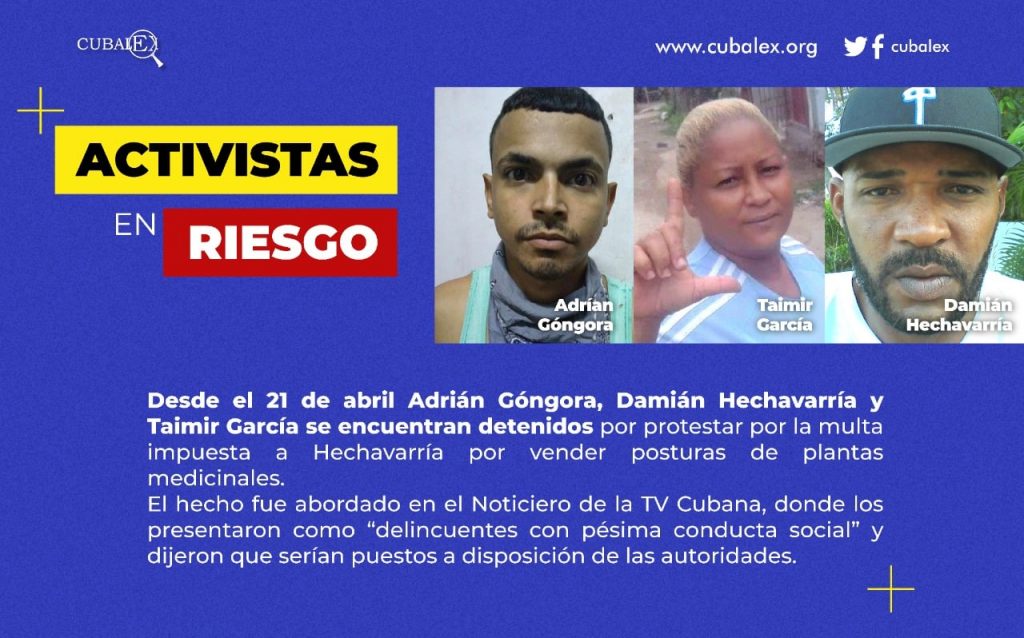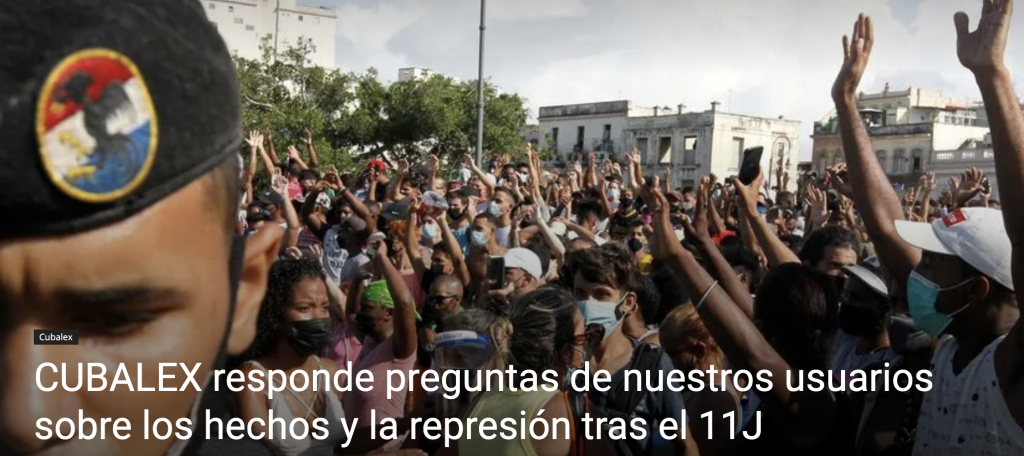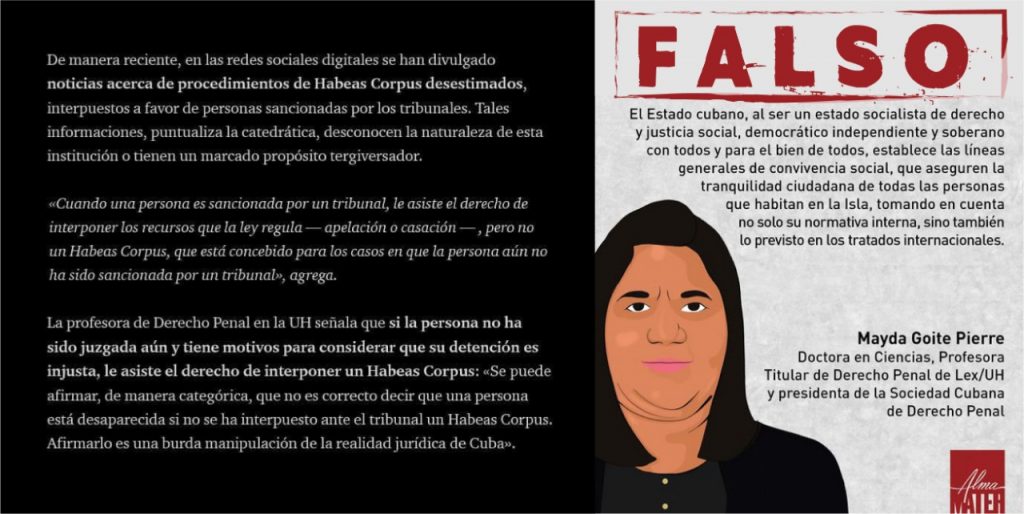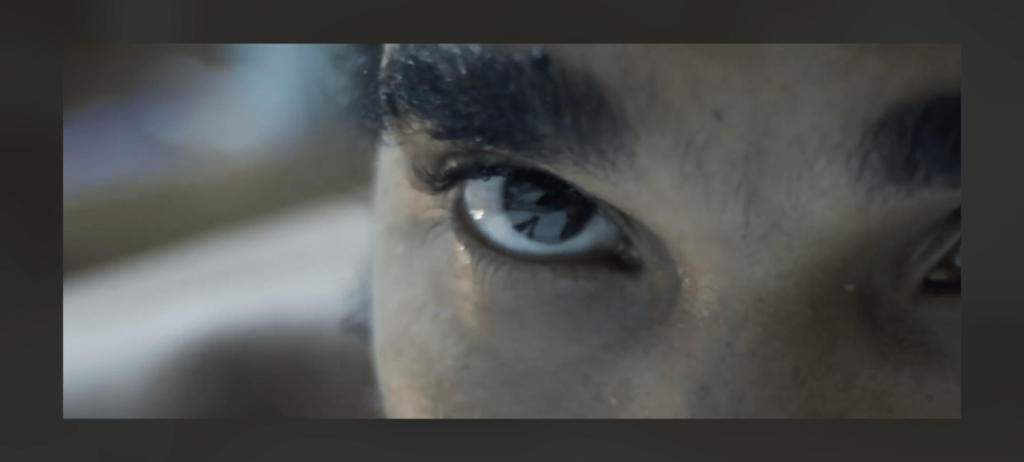Cubalex, Laritza Diversent, 11 March 2022 — Instigating a crime is a crime against public order which appears in Article 202 of the Island’s current Criminal Code. However, this would undergo notable changes, according to the draft of the new Criminal Code, which will go into effect in April 2022, after approval by the delegates of the National Assembly of the People’s Power (ANPP). In the first section, the minimum jail sentence increases from three to six months, while the maximum remains the same. The penal framework is reduced, but the severity increased. Regarding the fine, it remains unchanged, however in the draft, the tribunal may decide to impose both sanctions: deprivation of liberty and a fine, simultaneously. The new Article 268 on instigation of a crime is read as follows in the Draft Criminal Code:
1. Whosoever, falling outside the case aforementioned in subparagraph c) of Article 145, publicly incites to commit a particular crime, incurs a penalty of deprivation of liberty for six months to one year or a fine between one hundred and three hundred quotas or both.
2. If the instigation is effective, the penalty imposed will correspond with the crime committed, if it is a higher penalty than the one referenced in the previous section.
3. If the instigation is to violate a law, or a legal disposition, or a measure adopted by the authorities, or citizen duties related to defense of the Homeland, production, services or education, the penalty imposed will be as described in section 1, with its lower and upper limits reduced by one-third.
4. If the facts mentioned in previous sections occur via social media or other social communications channels, the lower and upper limits of the penalties applied for each case will increase by one-half. One section that did not undergo any changes is that, if the instigation is effective, the sanction that corresponds to the crime committed will be imposed, if it is higher than that mentioned in the previous section.
The third section was combined with the fourth, increasing the possible motives for inciting civil disobedience, such as the case of non-compliance with “the duties of citizens related to defending the Homeland, production, services, or education,” which in the current Criminal Code are continue reading
In this case, the minimum sanction in the penal framework also increases from one to four months and the maximum from three to eight. The fine also increases between 67 and 150 quotas. In the current code the maximum fine cannot exceed 100 quotas. Similarly, the tribunal may apply both sanctions.
In the draft, the fourth section contains completely new content: committing the crime using social media or other social communications channels. In this case the penalty is described in the third section, which, in turn, references the penalty in section one (six months to one year), with the lower and upper limits increased by one-half. The new criminal framework will be between nine months (lower limit) and a year and a half (upper limit) deprivation of liberty. The fine will also increase between 150 and 450 quotas and the tribunal may impose both sanctions.
We can conclude that sections 3 and 4 criminalize civil disobedience and freedom of expression. It is one way of preventing peaceful social protests because generally civil disobedience raises the awareness of the citizenry regarding the consequences of an unjust law, inviting them to mobilize to put an end to it.
The criminalization of civil disobedience also means the violation of the right to freedom of conscience (the law clashes with its most fundamental ethical principles and one feels the moral need to fight it, as remaining quiet before an injustice is incompatible with its conscience, freedom of expression, transmitting a message of denouncement against the unjust law and political participation).
Within instigation of a crime, campaigns against legal norms on social media, such as those conducted against Decree 349 and Decree Laws 370, 389, and 35 will be criminalized.
This entry, first appeared on Cubalex as Instigación a delinquir en el Anteproyecto del Código Penal cubano.
Translated by: Silvia Suárez
